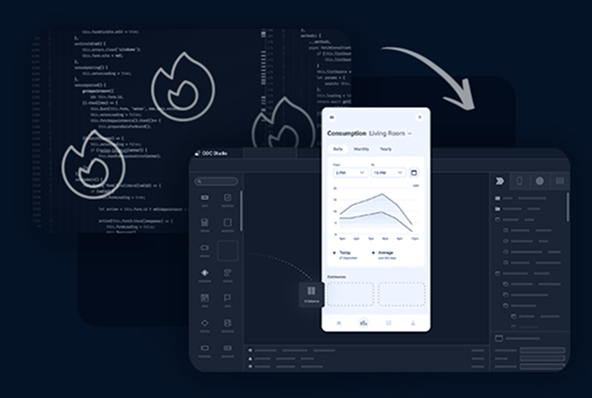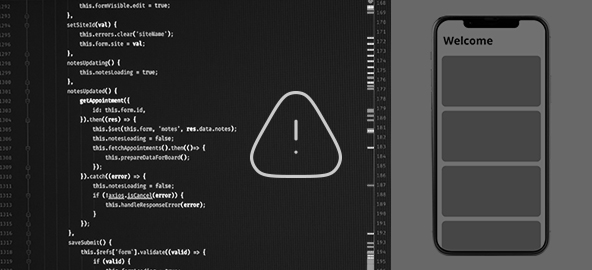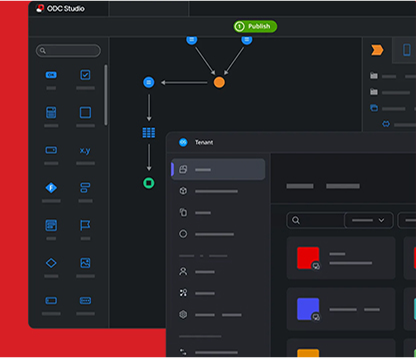”We switched mobile development to OutSystems. Now we’ve got one platform for development that means we’re fully in control and can do pretty much anything we want, across web, iOS, or Android with the same team and skillset.”
— Senior Manager Information Systems, BCX
- Our Company
Choose the right team to deliver the best solutions
One of Australia’s fastest-growing digital innovation company specialising in rapid application development
- Our Work
Create mission-critical software in weeks, not months
Unprecedented time to value – custom-built applications for a fraction of the time, risk and cost of traditional software development.
- Technologies
Deliver applications fast, right and future-proof
OutSystems and AWS have changed the way
software is built. Now, you can deliver
enterprise-grade applications in weeks,
not months. - Products
Optimise and speed up your results
Use our pre-built components, connectors and solutions to accelerate and enhance your OutSystems applications delivery
- Training
Future-proof your career
Learn faster and easier from experts and become an in-demand OutSystems certified developer.
- Blog
The latest from PhoenixDX and the tech community
Catch up on the latest tech news, articles, videos, events and Dev Tips
















